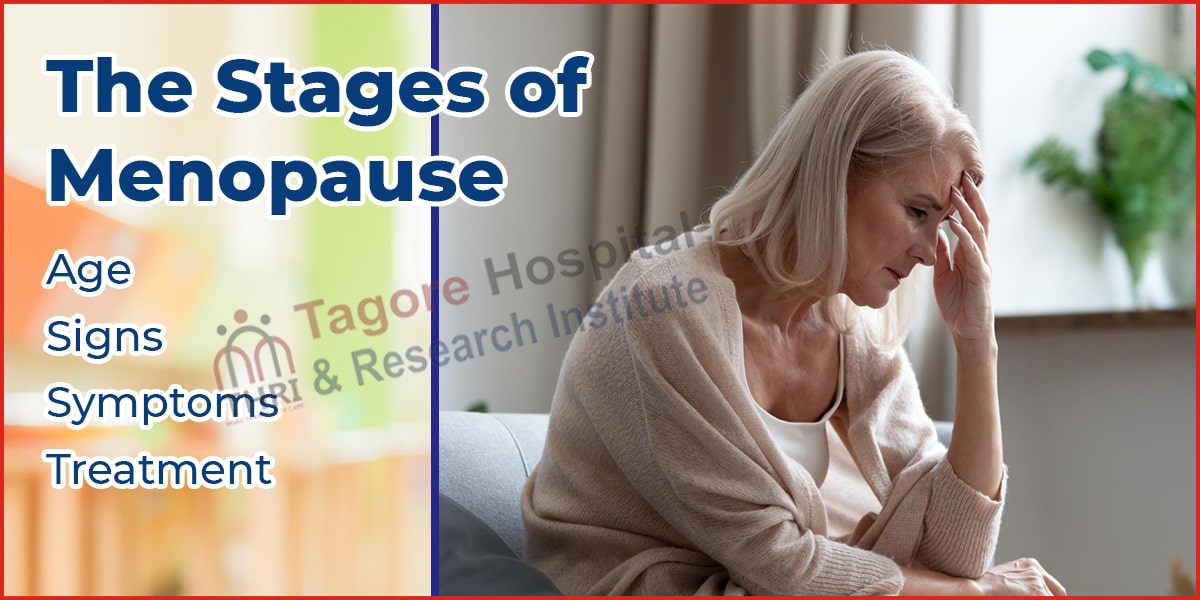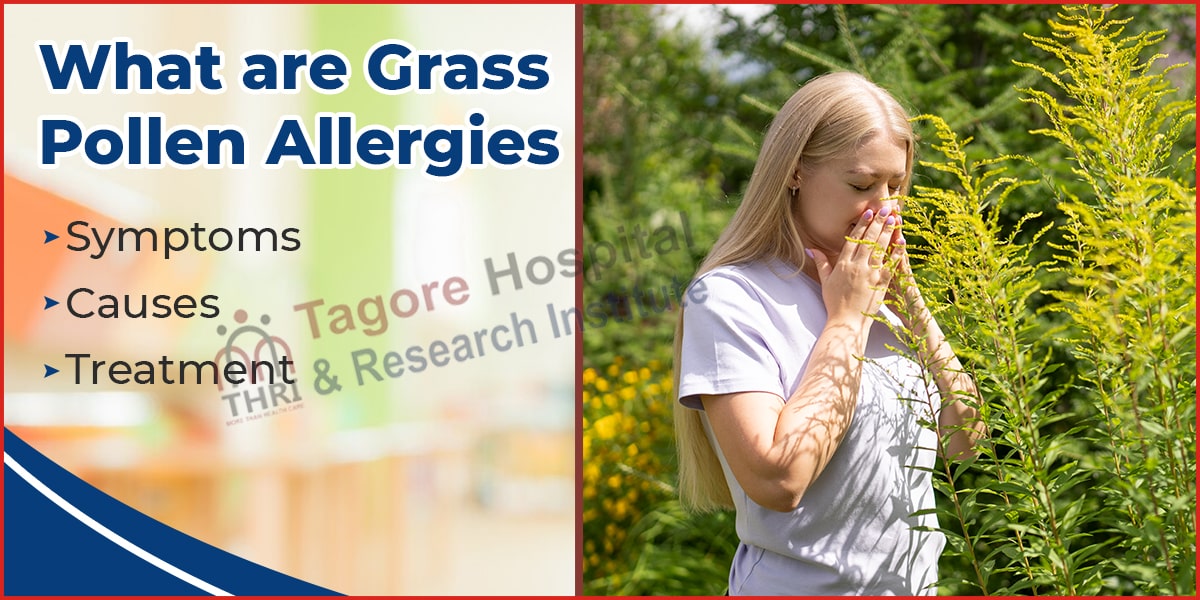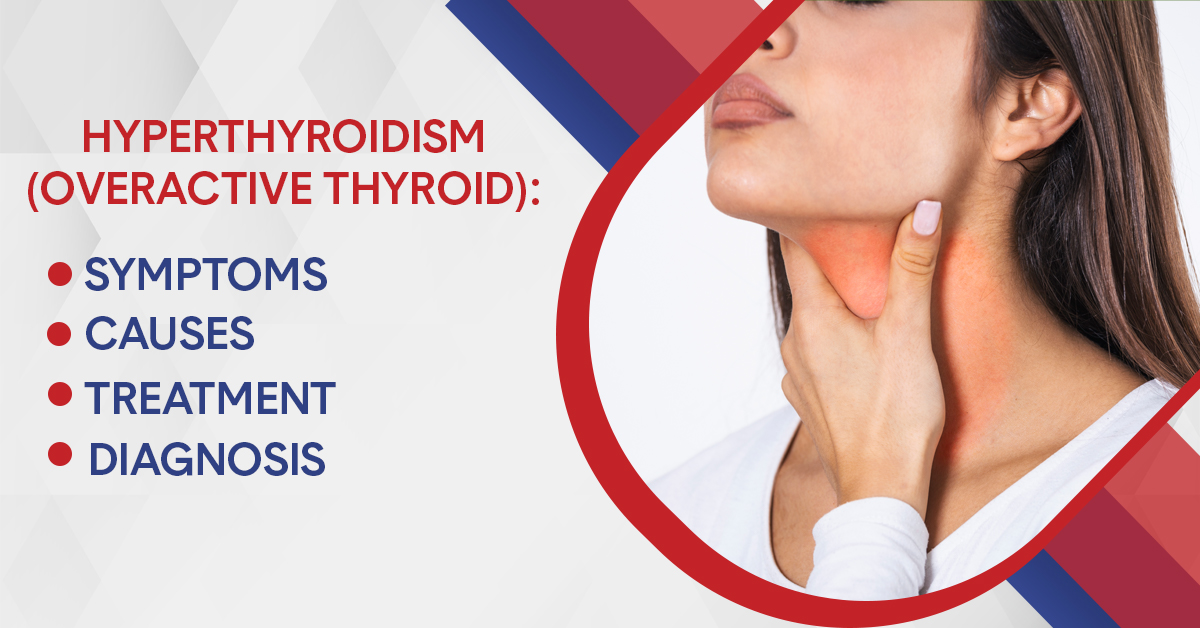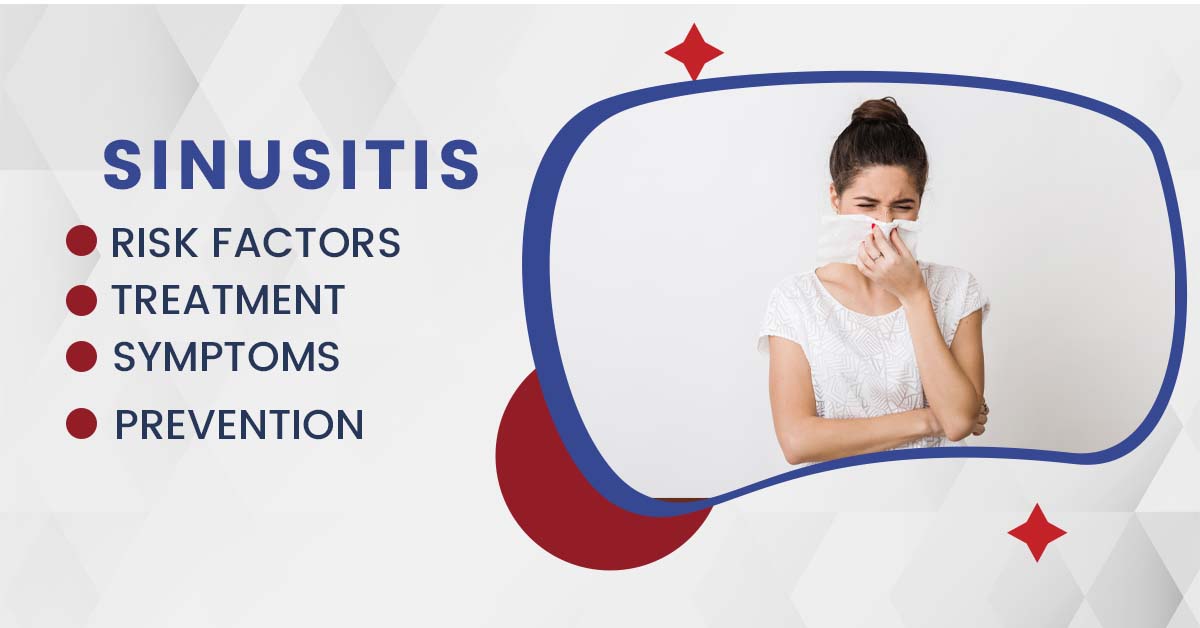- By Taore hospital
- Posted April 25, 2025
What is the Menopause?
The cessation of monthly cycles in women is forever and indicates the end of reproductive ability in a woman. Menopause is a naturally biological phenomenon triggered by the cessation of the ovaries' estrogen and progesterone hormone production that finally leads to an end in ovulation and menstruation.
Menopause is a condition declared twelve months after the last menstrual period when no undue obstetric or other pathology can cause such a stoppage. It extends between the ages of 45 and 55 years, although early or delay onset could take place. Menopause is not a disorder but rather a part of aging; however, it entails much of physical and emotional suffering because of hormonal changes.
Stages of Menopause
Menopause is a gradual process consisting of three main stages, with each stage marking different hormonal changes and symptoms that may affect the women involved.
1. Perimenopause (Menopausal Transition)
- When it starts: Sometime in a woman's 40s, but certainly can start earlier.
- What happens: Fluctuation in the levels of estrogen and progesterone occurs.
- Symptoms: Irregular periods, hot flashes, night sweats, mood changes, disturbances in sleep, and changes in libido.
- Duration: This stage can be from a few months to about 8-10 years long.
- Note: During this stage, it is possible to get pregnant.
2. Menopause
- Definition: This is the time that is considered to start after twelve consecutive months of no menstrual period.
- Average age: In and around 51 years.
- Hormonal change: The ovaries stop releasing eggs and hence the production of estrogen drops very low.
- Symptoms: Hot flashes, vaginal dryness, mood changes may continue or intensify, thinning hair.
3. Postmenopause
- The start: One year following the last menstrual period.
- What happens: Some women may find that the menopausal symptoms are diminishing, while others continue to suffer.
- Health risks: Body systems that are low in estrogen become susceptible to illnesses like osteoporosis and heart disease.
- Needs: Long-term health maintenance, support for bones, and hormonal balance.
You can read also:- What are Grass Pollen Allergies: Symptoms, Causes and Treatment?
What Age Does Menopause Starts
Menopause normally occurs between the ages of 45 and 55 years, with an average age of about 51 years. However, the age of menopause onset exhibits extensive variability from woman to woman on a genetic, lifestyle, and overall health basis.
The breakdown is as follows:
- Early menopause: Pre-45 years
- Premature menopause: Premature menopause would be taken as menopause that occurs before 40 years, which can be due to normal causes or by virtue of medical intervention such as surgery or chemo.
- Typical onset: 45-55 years
- Late menopause: Post-55 years
The transition into menopause, termed perimenopause, may begin several years before, often in a woman’s early to mid-40s. During this time, hormone levels tend to start fluctuating, and menstrual cycles may become irregular for a few cycles and then cease completely.
Every woman’s experiences differ; therefore, being aware of the signs and consulting a doctor when she notices considerable changes in her cycle or health is important.
Common Symptoms of Menopause
Menopause leads to a flurry of physical, emotional, and hormonal changes through naturally declining estrogen and progesterone levels. Symptoms, though variable from woman to woman, have some common ones, defined thus:
- Irregular Periods
Menstruation becomes unpredictable as to duration, from shorter to longer, lighter to far heavier, until it stops.
- Hot Flashes
These are the sudden heats mainly affecting the face, neck, and chest and are commonly accompanied by sweating and redness.
- Night Sweats
These are accompanying periods of profuse sweating during sleep, where one wakes up drenched, tormented, and uncomfortable.
- Mood Swings
Increased irritability, anxiety, and/or depression, resulting from hormonal fluctuations.
- Sleep Problems
Those troubling drifts into and out of uninterrupted sleep from night sweats and tension.
- Vaginal Dryness
Declining estrogen leads to thinning and drying of vaginal tissues, resulting in discomfort during sexual intercourse.
- Reduced Libido
The very same processes that alter hormone levels may also affect sexual desire and satisfaction.
- Weight Gain
Hormonal changes and a slower metabolism may play an important role in promoting fat storage, especially in the abdomen.
- Thinning Hair and Dry Skin
Due to no fault of her own, hormonal shifts will bring about overt changes in both skin texture and hair health.
- Memory or Concentration Issues
Some women claim to feel 'brain-foggy', with forgetfulness or distraction.
You can read also:- Corneal Ulcers: Symptoms, Causes, and Treatments
Treatments for Menopause
Menopause is a natural stage of life, yet its symptoms can dramatically affect daily life. Fortunately, treatment options—be it medicine or home remedies—are available to alleviate pain and offer remedies for improving the quality of life during this transitional phase.
1.Hormone Replacement Therapy (HRT)
● HRT replaces dwindling levels of estrogen and progesterone.
● Benefits: Hot flashes, night sweats, vaginal dryness, and bone loss can effectively be relieved.
● Note: It is not suitable for everyone; discuss the risks and benefits with an informed doctor.
2. Non-Hormonal Medications
● Antidepressants in low doses (SSRIs or SNRIs) may be useful for hot flashes and mood swings.
● Gabapentin & Clonidine reduce hot flashes, especially for those unable to take HRT.
● Vaginal Estrogen Creams can relieve local dryness and discomfort without being systemically active.
3. Lifestyle Changes
● Healthy Diet: Eat plenty of calcium and vitamin D for bone health.
● Exercise regularly: It helps with weight control, mood enhancement, and cardiovascular and bone health.
● Effective Stress Management: Techniques like yoga and meditation can relieve some of the emotional symptoms.
5. Alternative Therapies
● Acupuncture: Some women have reported relief of symptoms, including hot flashes and sleep problems.
● Cognitive Behavioral Therapy (CBT): Can assist in reducing mood fluctuations, anxiety, or related sleep disturbances.
Conclusion
Menopause is just a phase in a woman's life, while the symptoms may range from mild to severe, impacting the general well-being of a woman. Information regarding the signs, stages, and treatment helps smooth the transition for women and is better handled. Women, with proper guidance and care, can maintain a happy and active life during and after menopause.
At Tagore Hospital Jaipur, we aim to serve women with compassionate care and expert medical services through all stages of life. Our experienced panel of gynecologists, endocrinologists, and wellness specialists creates individualized treatment plans as needed. Whether it is emergency consultations about hormone therapy, lifestyle changes, or symptom management, we are here to empower and support your pathway through menopause.
With expert support and trusted care, Tagore Hospital ranks among the top choices for women's health and holistic well-being across Jaipur's best hospitals.
Tags





